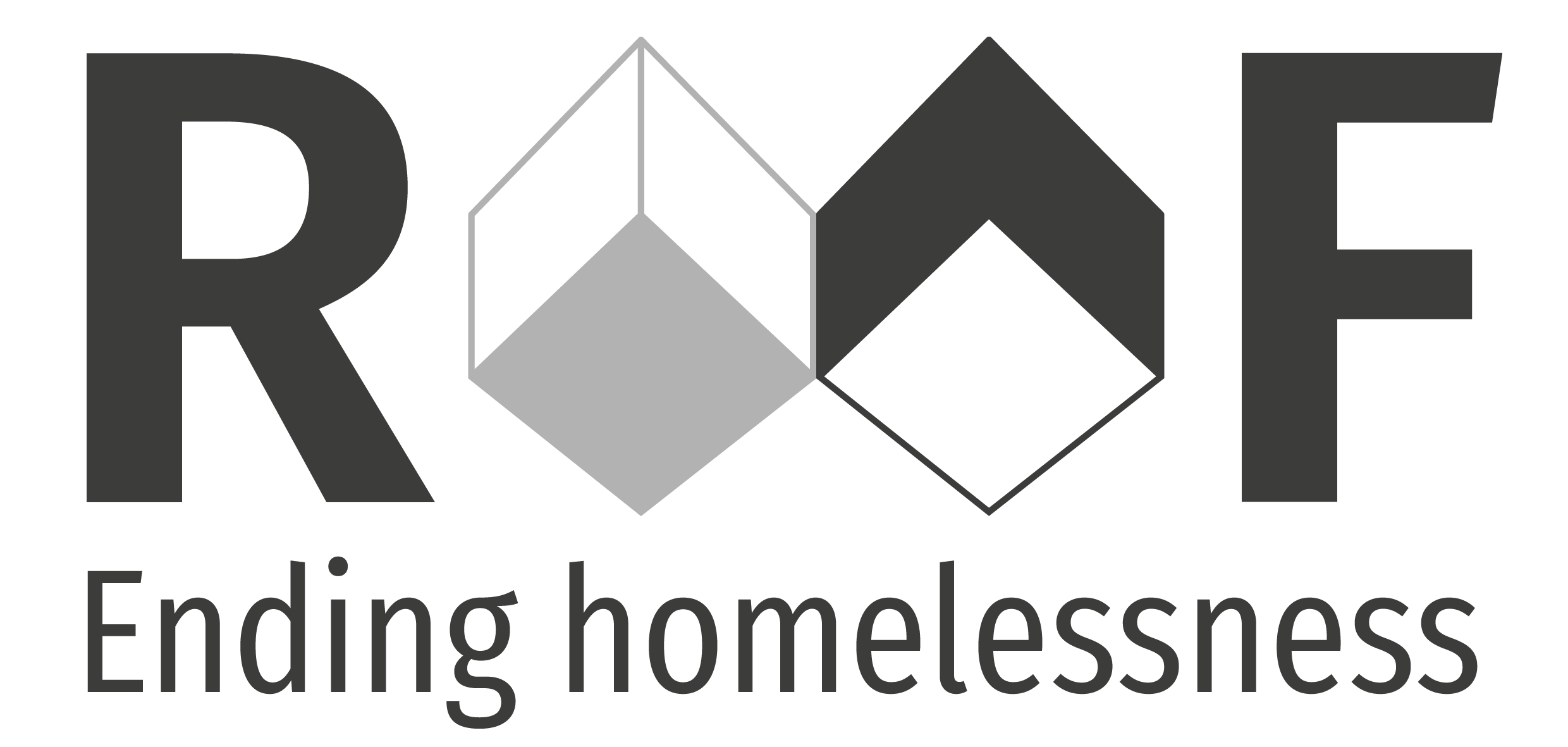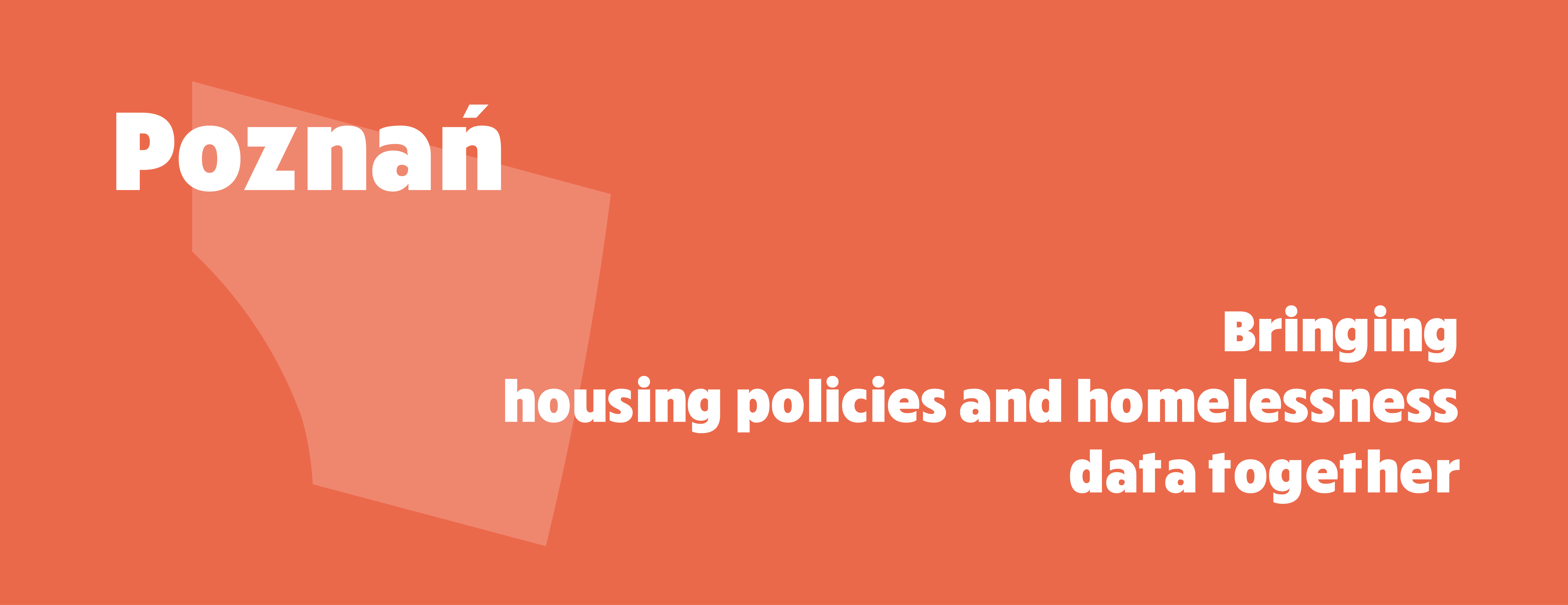
"The program created possibility of comparing data concerning homeless people at international meetings between European cities. It is an attempt to compare the assessment of the scale of homelessness in Europe".
City background
The city of Poznań, one of the oldest and largest cities in Poland and the administrative centre for Wielkopolska, is home to almost 532,000 people. Currently having a high potential for economic growth on a national level, Poznań is also an important academic centre in the country. Despite the increasing investments by foreign enterprises in Poznań and the city’s economic opportunities, the city’s 12,537 social housing units cover only 5% of the housing market, leading to 1,033 people experiencing homelessness.
Faced challenges and strategies
There are currently four individual entities providing different types of support to the people facing the homelessness crisis. Moreover, legal acts concerning homelessness and assisted housing are operating on the local and national levels. Access to different entities has also led to a supporting system tailored to the individual’s needs and current life situation. In the near future, the main challenge for the City of Poznań will be to define the profile of program participants and to provide suitable premises for the Housing First program.
Activities during the ROOF network project
Since March 2020 and due to the epidemic’s effects on the population’s economic situation, no orders requesting house evictions have been performed. While some people have taken advantage of this situation by not paying their rent, the eviction decision addressing all the tenants of the municipal resources is still awaiting enforcement.
The Local Action Plan is interested in creating a pilot concept (including three independent apartments) implementing the HF approach. The Local URBACT Group (including Poznań City Hall representatives and external entities) aims to develop innovative instruments in fighting homelessness, using elements of HF that allow the coverage of a higher number of people by the system
"An additional benefit of the project is the cooperation of units that previously did not have the opportunity to work together and exchange experience and data".
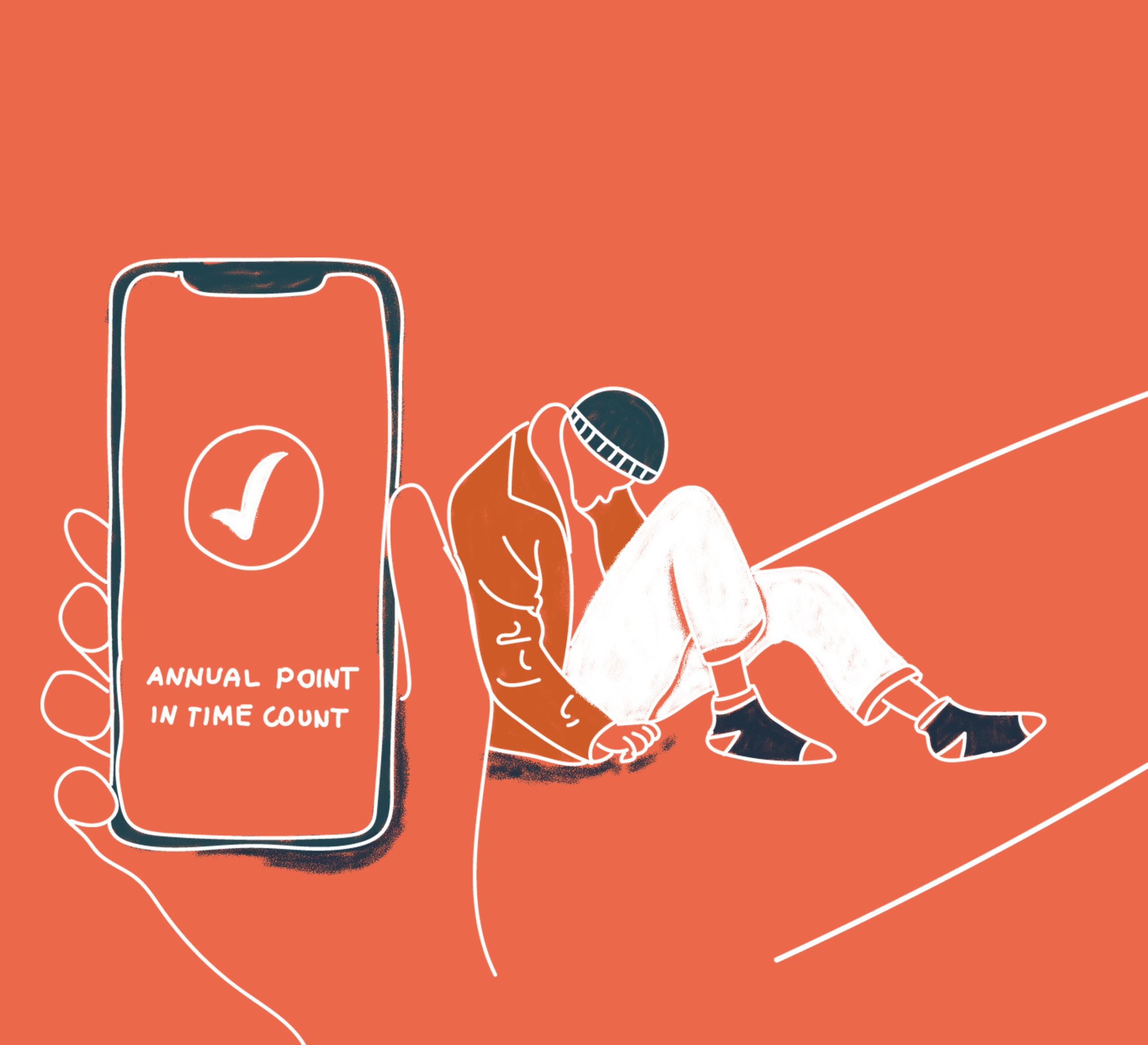
Small Scale Action
Test an application to monitor the situation of homeless people
An app to collect data in a more efficient way to show the actual state of homelessness and to improve the services.
The city of Poznań has the idea of testing an app which will assist them to collect better data and integrate different data of the different stakeholders. They rely on municipal centers for families that work with homeless people for data collection, and it is important to give them a better tool to gather this data. The SSA will allow them to understand how many people there are and where they stay. Today, this information is being gathered on paper which makes it more difficult to share the data and use them for advocacy. The SSA will not fully develop an app, but a mock-up to begin and explore the use of this new tool.
In the future we will "systematize the methods of counting the homeless people, develop the concept for the implementation of the Housing First method in Poznań. The Housing First concept developed as part of the ROOF project is another tool for us to effectively support people who find themselves in a homelessness crisis".
Poznań's Integrated Action Plan
With the current approach to homelessness focusing mainly on providing social assistance and prevention of social exclusion through different strategies, the Local Action Plan assumes that the HF method would become one of the possible methods of a long-term solution to the problem of homelessness.
The Urbact Local Group (ULG), consisting of actors from the Poznań City Hall and external entities, aims to develop an innovative instrument for combating homelessness that uses elements of the HF concept while creating a system for counting the homeless that will allow for providing systemic aid to more people.

A set of SMART goals, including “finding” flats for the programme, “finding” beneficiaries of the programme, identifying what support the beneficiaries need, defining/creating a support team, extending the category of homeless people in Poznań, determining the cost of implementing the programme and finding sources for funding the project, has been defined for the future developments. The activities to help achieve the mentioned goals briefly consist of:
Data
•Calculating costs of programme implementation
Housing
•Developing and supporting various forms of housing as tools dedicated to solving the homelessness crisis
•Developing and implementing housing solutions for people at risk of homelessness
•Developing alternative functions of particular institutional forms of providing temporary shelter
Support
•Creating support for addicts
•Providing financial and material assistance
•Offering emergency telephones
•Providing Crisis Intervention Centre and toll-free telephone number for the homeless
•Providing Shelter - e.g. homeless centre, hostel, night shelter, intervention shelters
•Ensuring medical services, clothing availability, food servings
•Performing street work
Prevention
•Developing programmes preventing homelessness based on the “Housing First” model
Focus on Poznań (PL): Our respons to the housing needs of the underprivileged
In Poznan, the department in charge of the realization of housing policy pursued by the Mayor and City Council is the Office of Housing Affairs. The Office's responsibilities include, among others, developing solutions, projects and programs to meet the housing needs of Poznan society. Moreover, the Office co-creates the rent policy in the city's housing resources and provides the Mayor with knowledge on the housing needs of Poznan inhabitants as well as ways of satisfying them...
Art and Homelessness
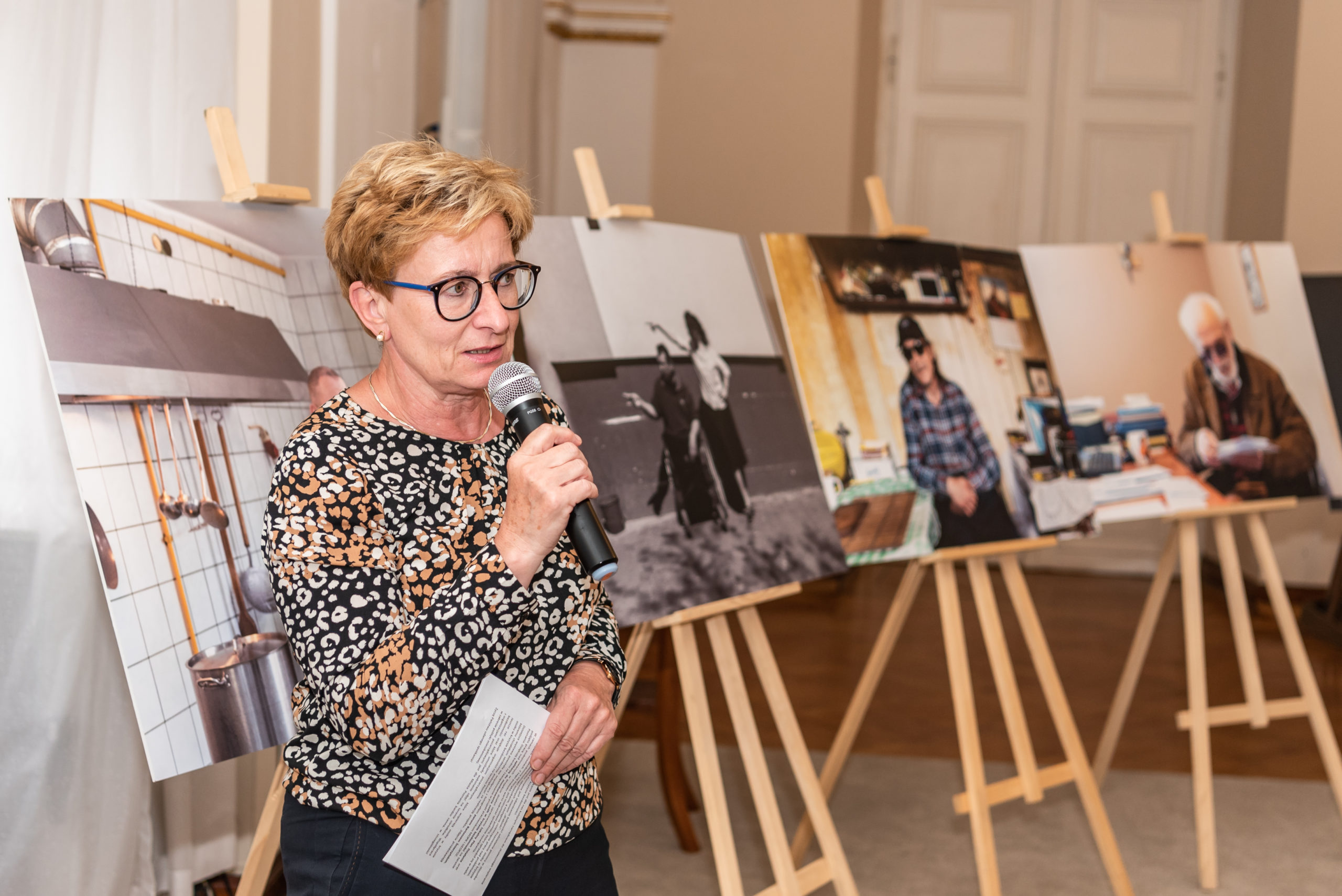
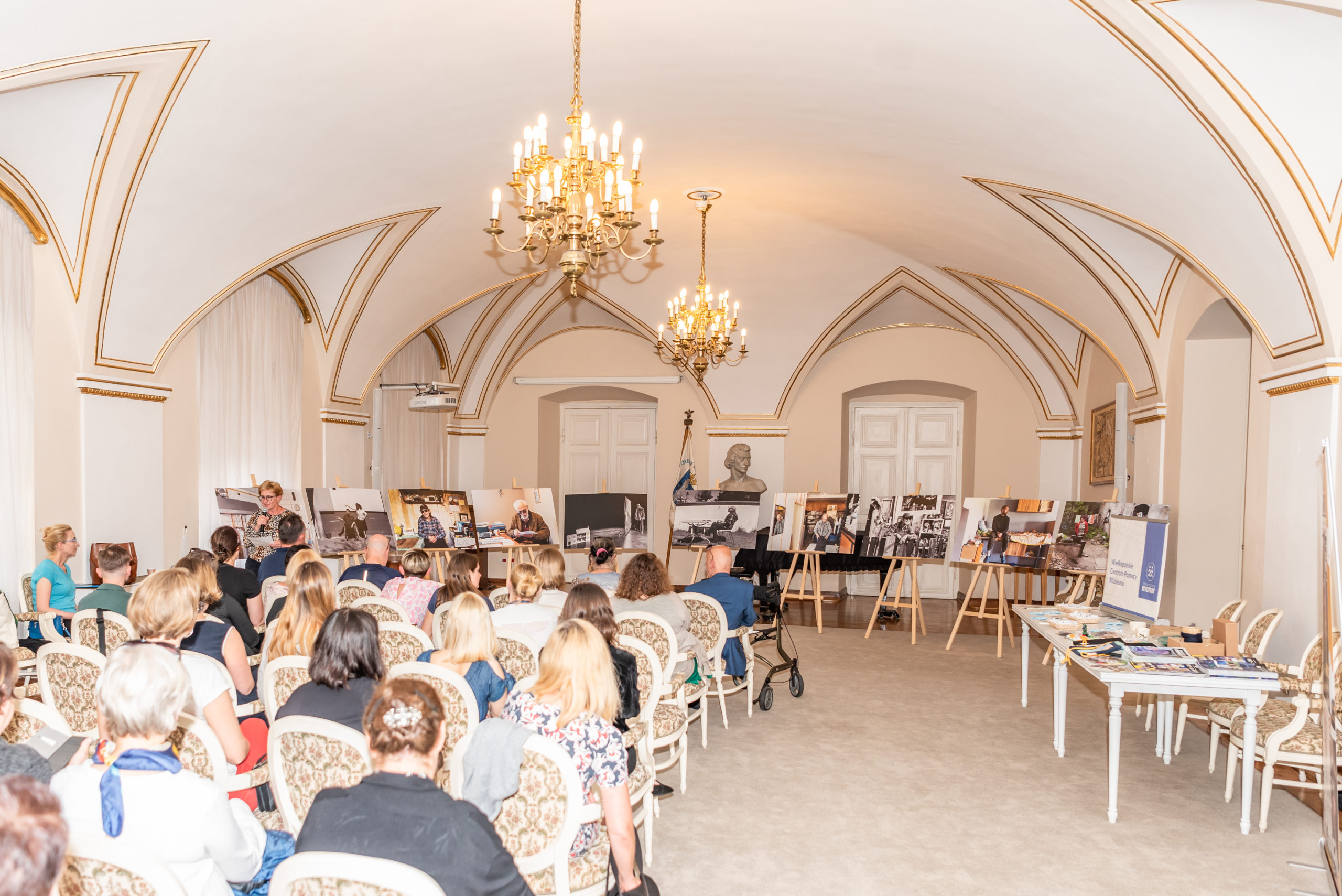
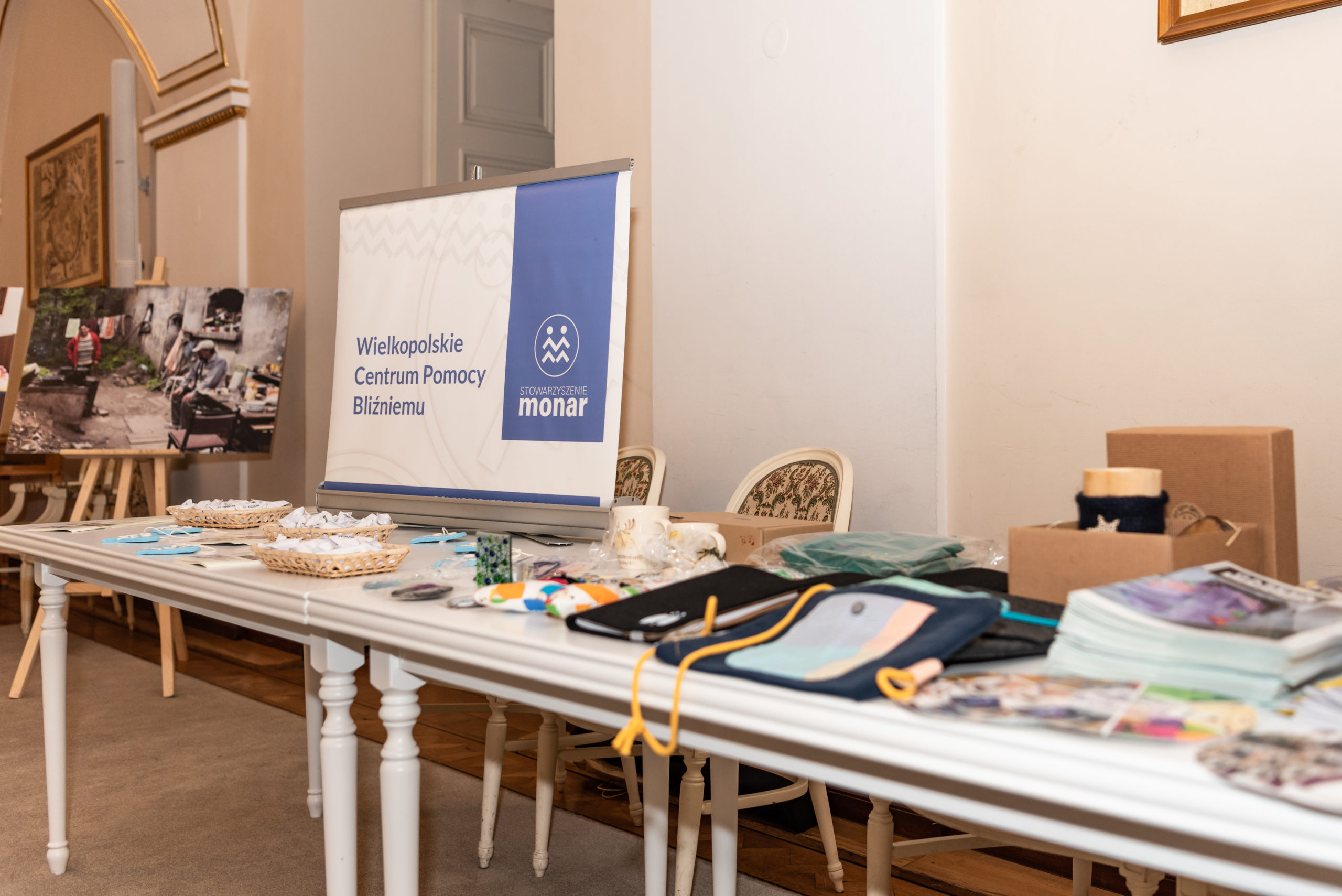
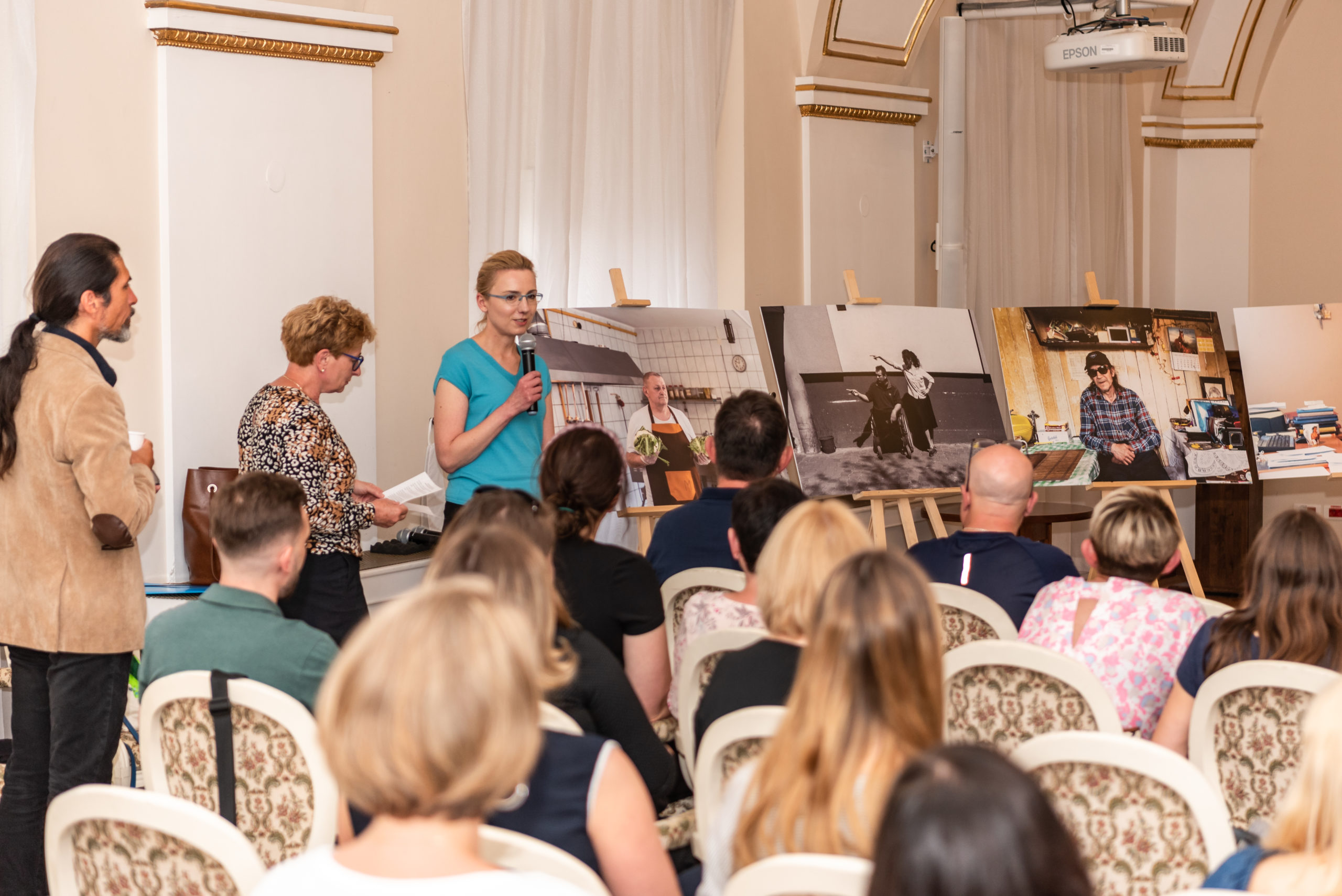
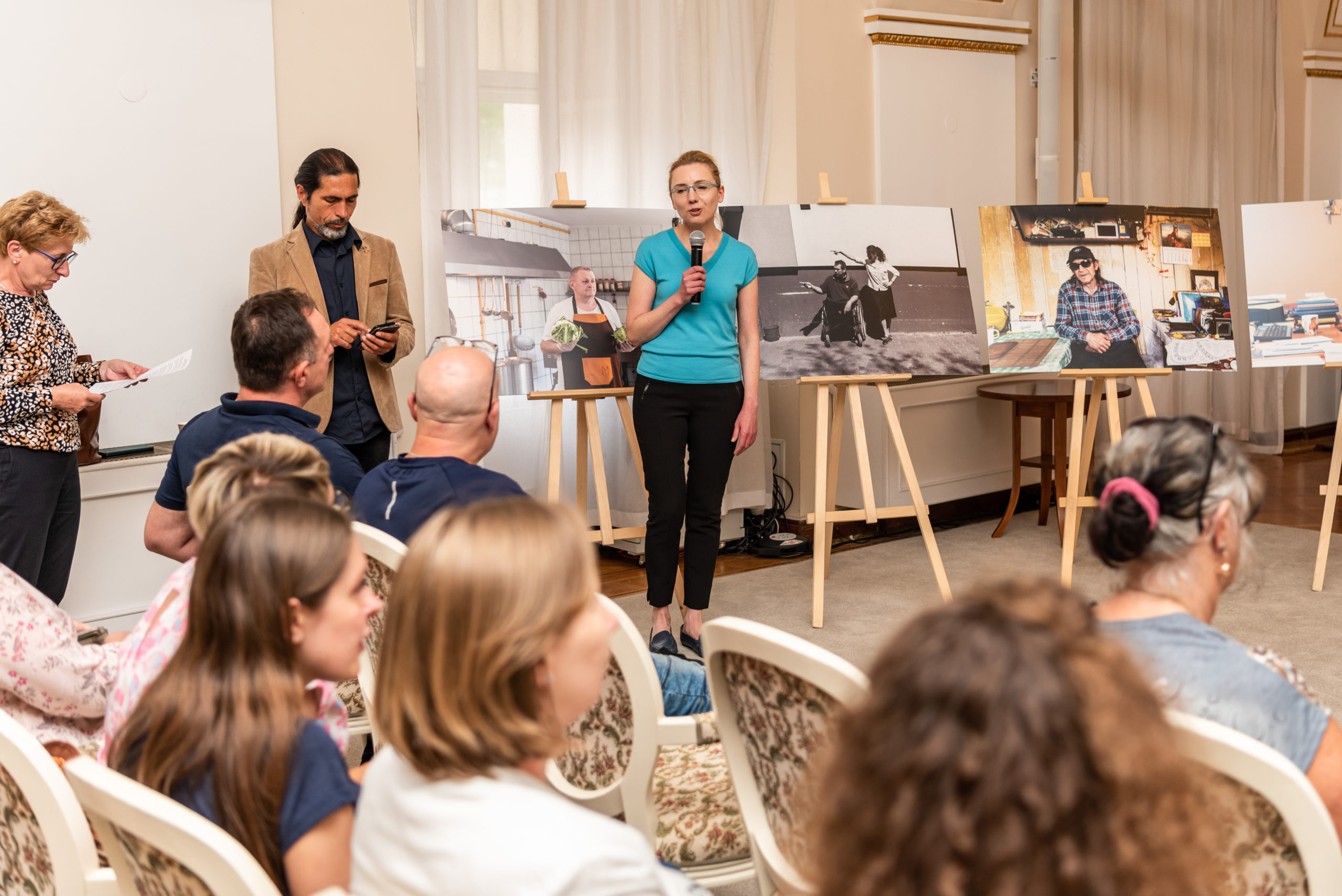
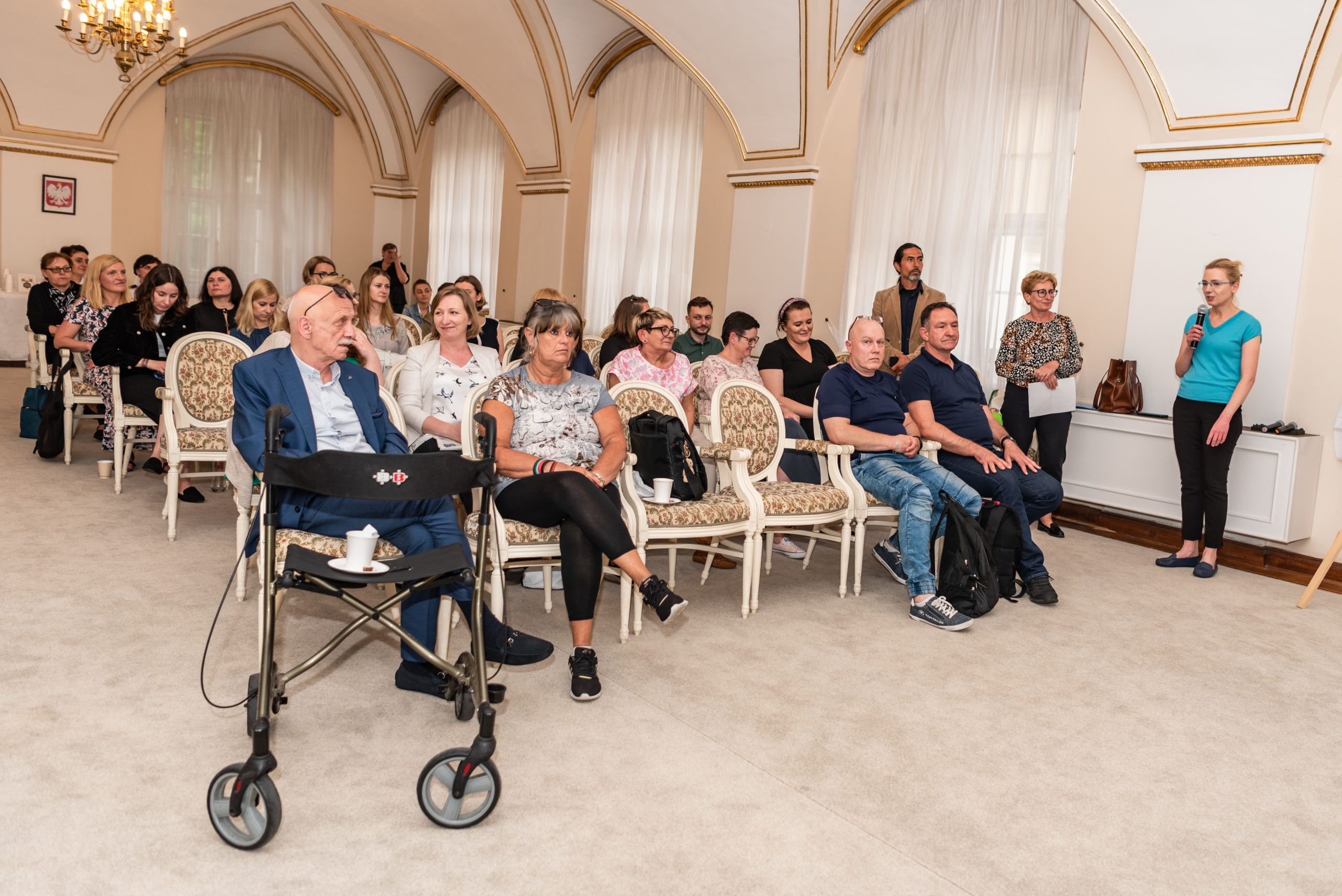
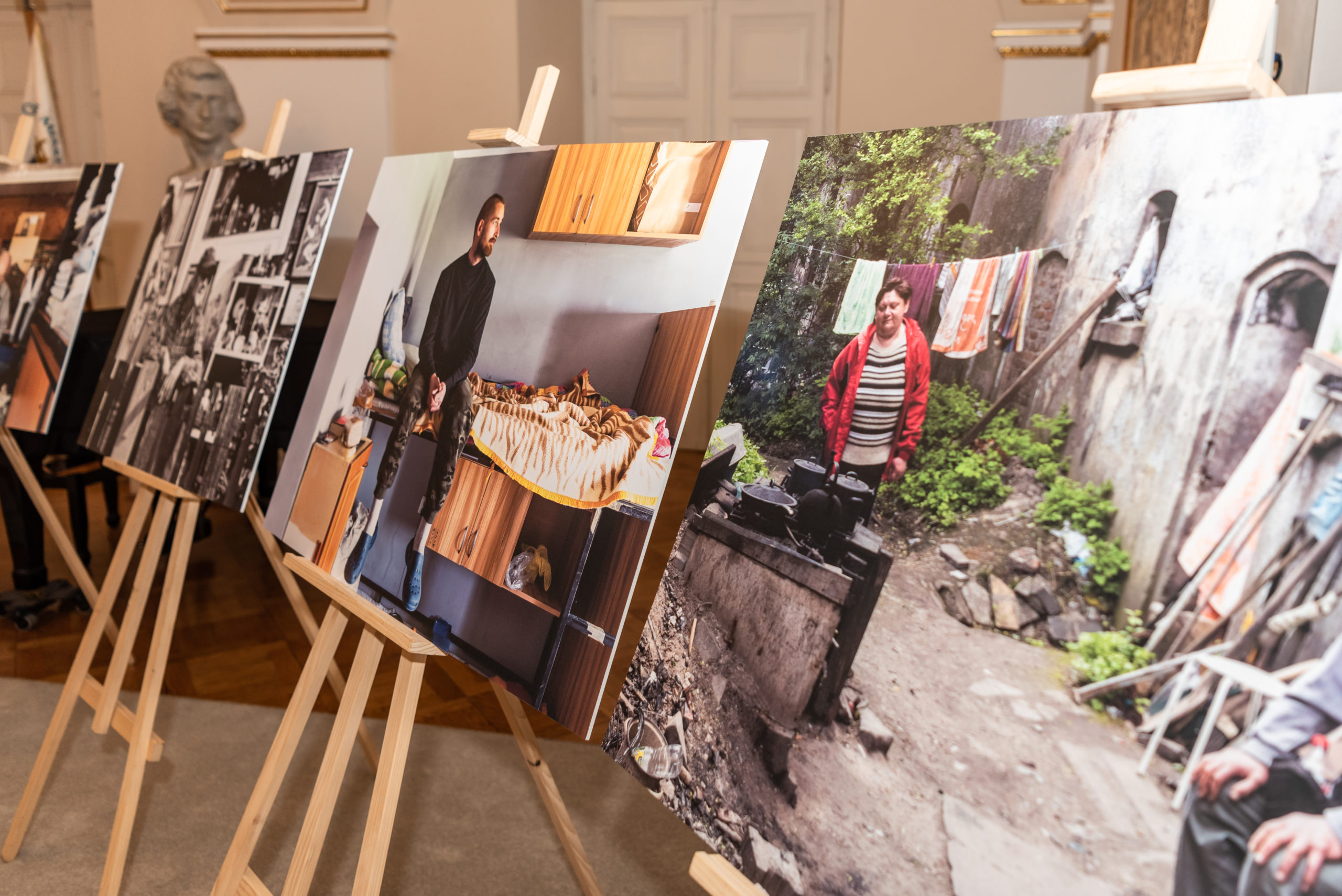
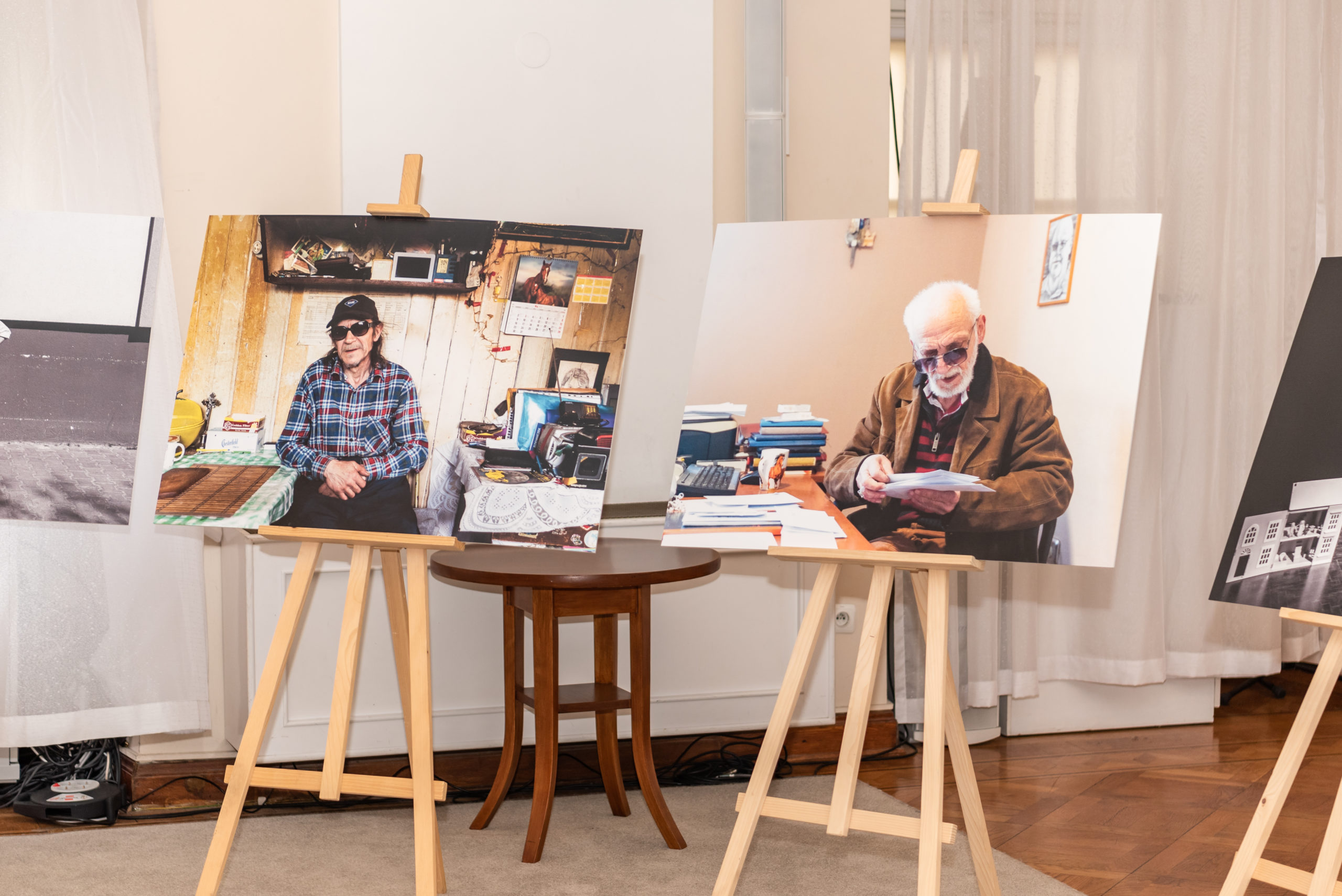

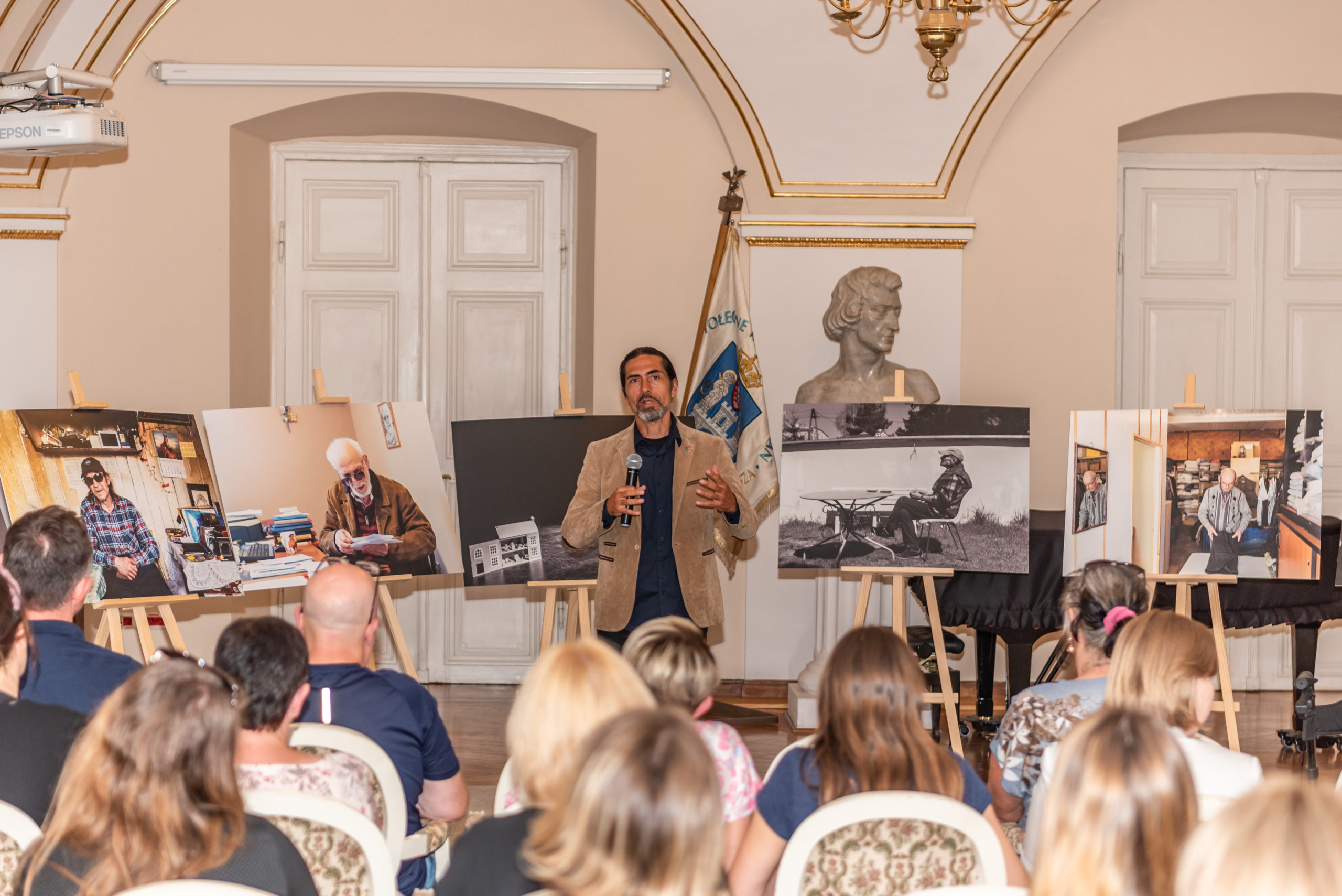
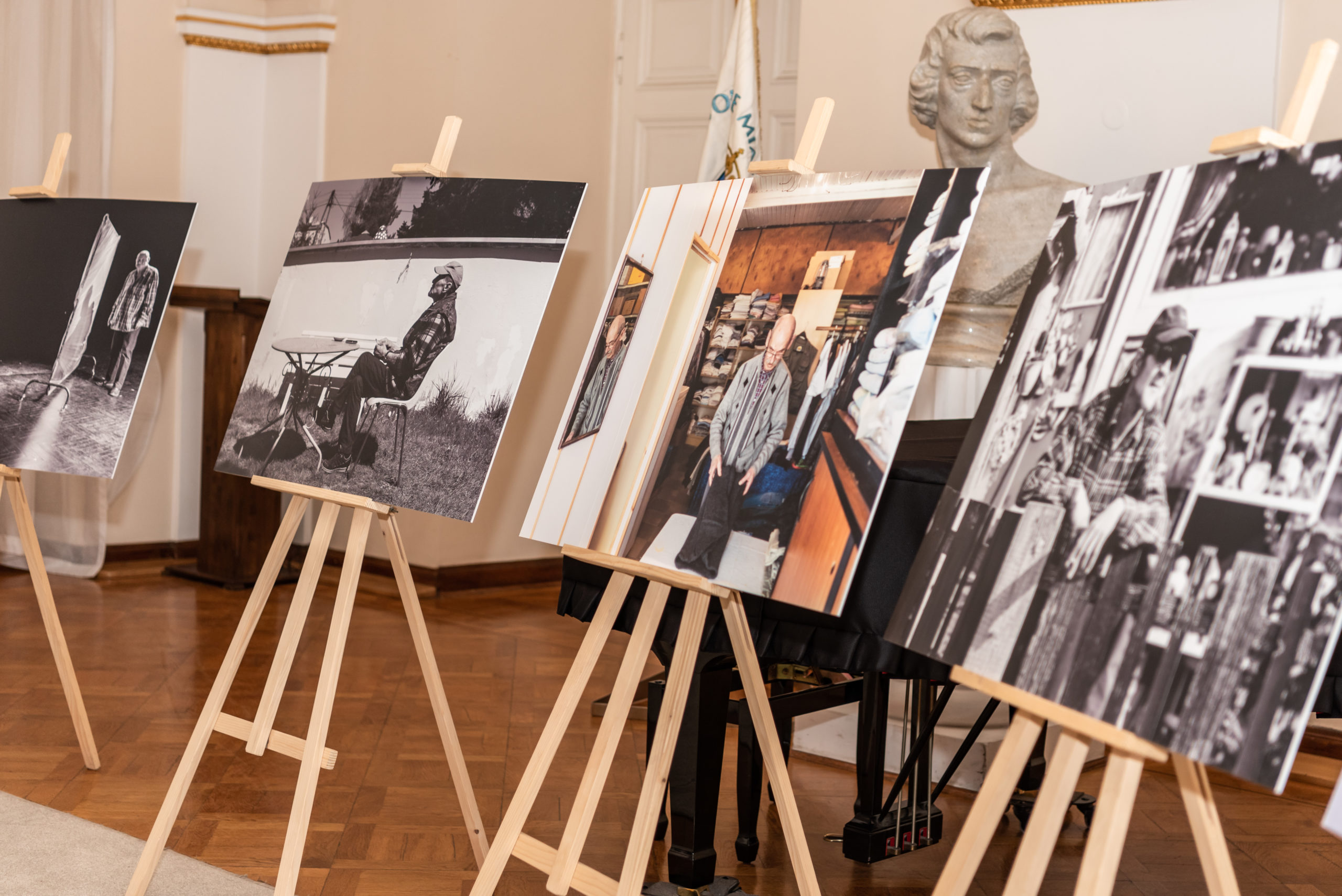
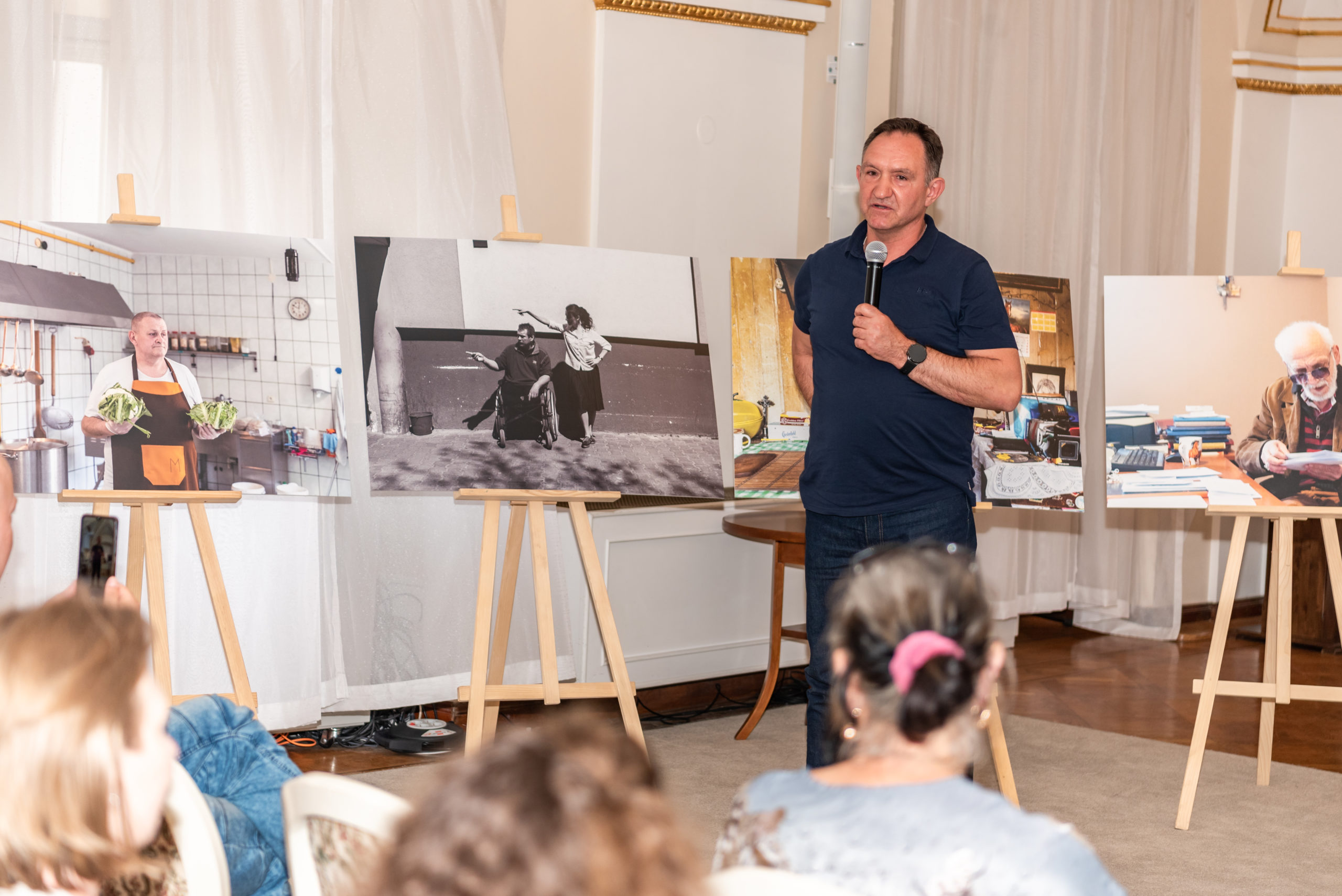
The following article explaining the activity of joining art and homelessness in the city of Poznań was written originally in Polish and can be found on the website of the city
The photography artist met with people experiencing homelessness. The result of their cooperation is an unconventional photo session. It is a part of the European project "ROOF", in which the city of Poznań participates.
The session is entitled: "First an Apartment - an innovative instrument of housing policy and support for people experiencing homelessness". The author of the photographs is Bartłomiej Śnierzyński.
- This is an unconventional way of showing people experiencing homelessness in the city," says Dobrochna Janas, the mayor's plenipotentiary for the protection of tenants' rights and housing projects. - With the use of professional photographs, we wanted to present the everyday life of people in the crisis of homelessness, to show that it does not differ from what we do. Photography is a special means of artistic expression that allows us to reach a wide audience.
The assumption of the project is to develop an innovative instrument to support people in the crisis of homelessness by implementing the programme "First Housing". The city is represented in it by employees of the Office of Housing Affairs and the Office for Coordination of Urban Projects and Revitalisation. The project has enabled nine partner cities to collaborate internationally on housing and the homelessness crisis.
The "Housing First" programme is an instrument to effectively support people who experience homelessness. What is interesting about it is that it reverses the order of assistance compared to traditional systems. Moving a person in need to an independent flat and then starting to work on the problems they are facing is an aid instrument that has worked well in many European cities.
As part of the project activities, a Local Action Plan was developed and an application to monitor people in crisis of homelessness in Poznań was started.
The project is possible thanks to non-governmental organisations that support people in the crisis of homelessness and that made it possible to take photos at the centres.
The "ROOF" project is co-financed by the URBACT programme.
